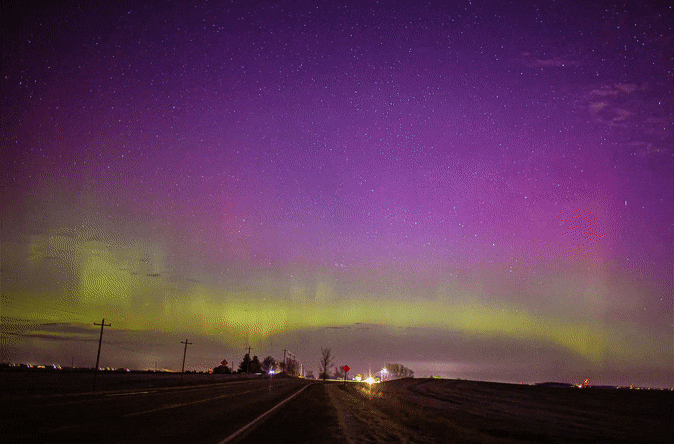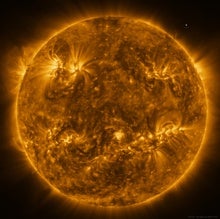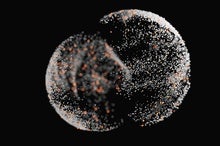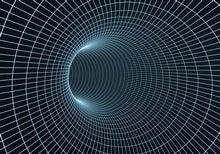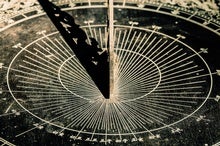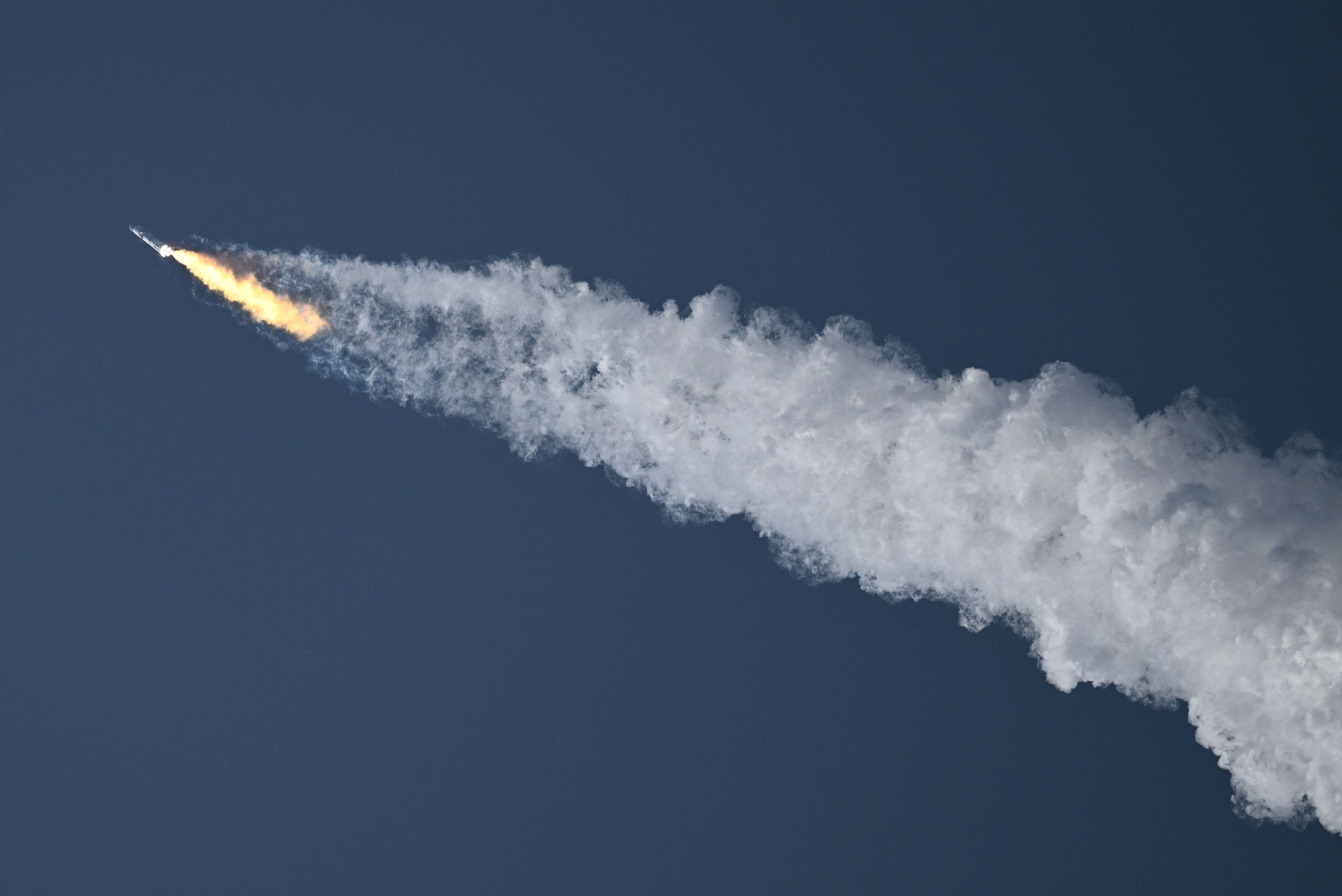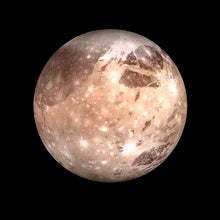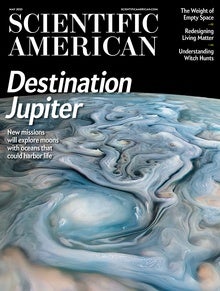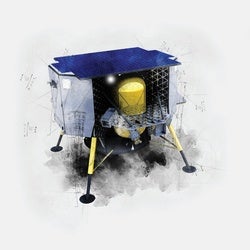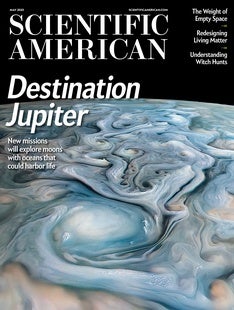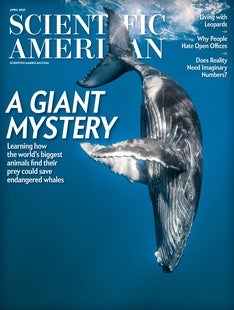 |
| April 27, 2023 |
This week, we’re mourning yet another failed moon lander. Our top story covers the latest in a disconcerting string of unsuccessful attempts to send a spacecraft to the lunar surface. This time the unlucky hopefuls were the scientists and engineers of ispace, a Japan-based company whose HAKUTO-R lander was meant to make moonfall in Atlas Crater on Tuesday. Instead, similar to other recent failed landers, contact with HAKUTO-R was lost mere moments before touchdown; the spacecraft is presumed to have run out of fuel during its descent, leading to an irrecoverable crash. Better luck may be in store—ispace already has two more landers in the works that they say will benefit from knowledge gained during this initial setback. Elsewhere this week, we have stories about a spate of spectacular auroral displays, the family history of our sun, “strange matter” inside atoms, the wild possibilities of time travel, and more. Enjoy! |
| | Lee Billings, Senior Editor, Space & Physics | |
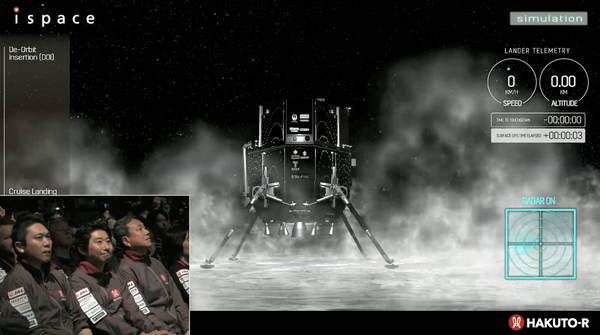 |
| |
| |
| |
| |
| Astrophysics Is Time Travel Possible? The laws of physics allow time travel. So why haven’t people become chronological hoppers? | | | | |
| History Who Invented the Measurement of Time? The first timekeeping devices were probably natural materials lost to the ages, but the ancient Egyptians were the first to leave records of their timekeeping methods | | | | |
| |
| |
| |
FROM THE STORE
 | | | |
| |
FROM THE ARCHIVE
 | | | |
LATEST ISSUES
 |
| |
| Questions? Comments?  | |
| Download the Scientific American App |
| |
| |



